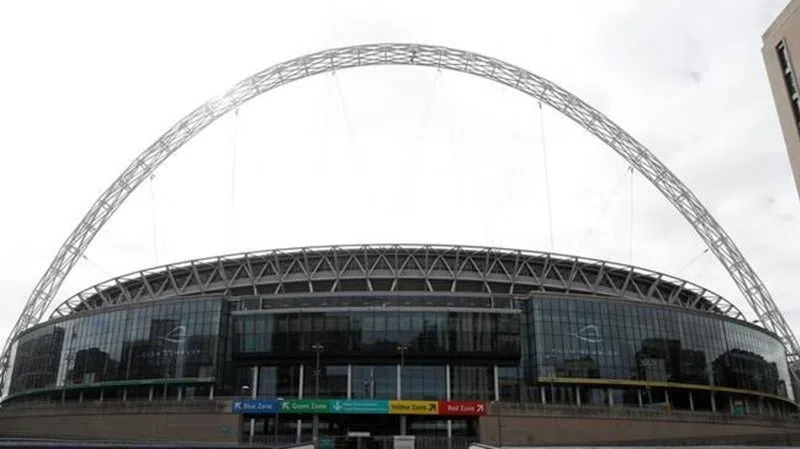
English Premier League set for post-Brexit transfer criteria
MANCHESTER, England — All players from overseas seeking to join Premier League clubs are set to be subject to points-based criteria after Britain’s departure from the European Union is complete.
Currently, only players from outside of the European single market have to meet certain soccer-specific immigration requirements. But new regulations are required because clubs will no longer have the unrestricted ability to sign players from the continent after the transition period for Britain’s divorce from the EU.
The English Football Association disclosed in its annual financial report on Tuesday plans for a points-based system for the Premier League. Also, the league resisted a plan to introduce a quota, allowing each squad only 13 non-homegrown players.
The new points system will expand the current assessment for visas for non-European players, so taking into consideration the number of international appearances by players, the FIFA ranking of their country, the transfer fee, and salary to establish the need of the club to sign them.


